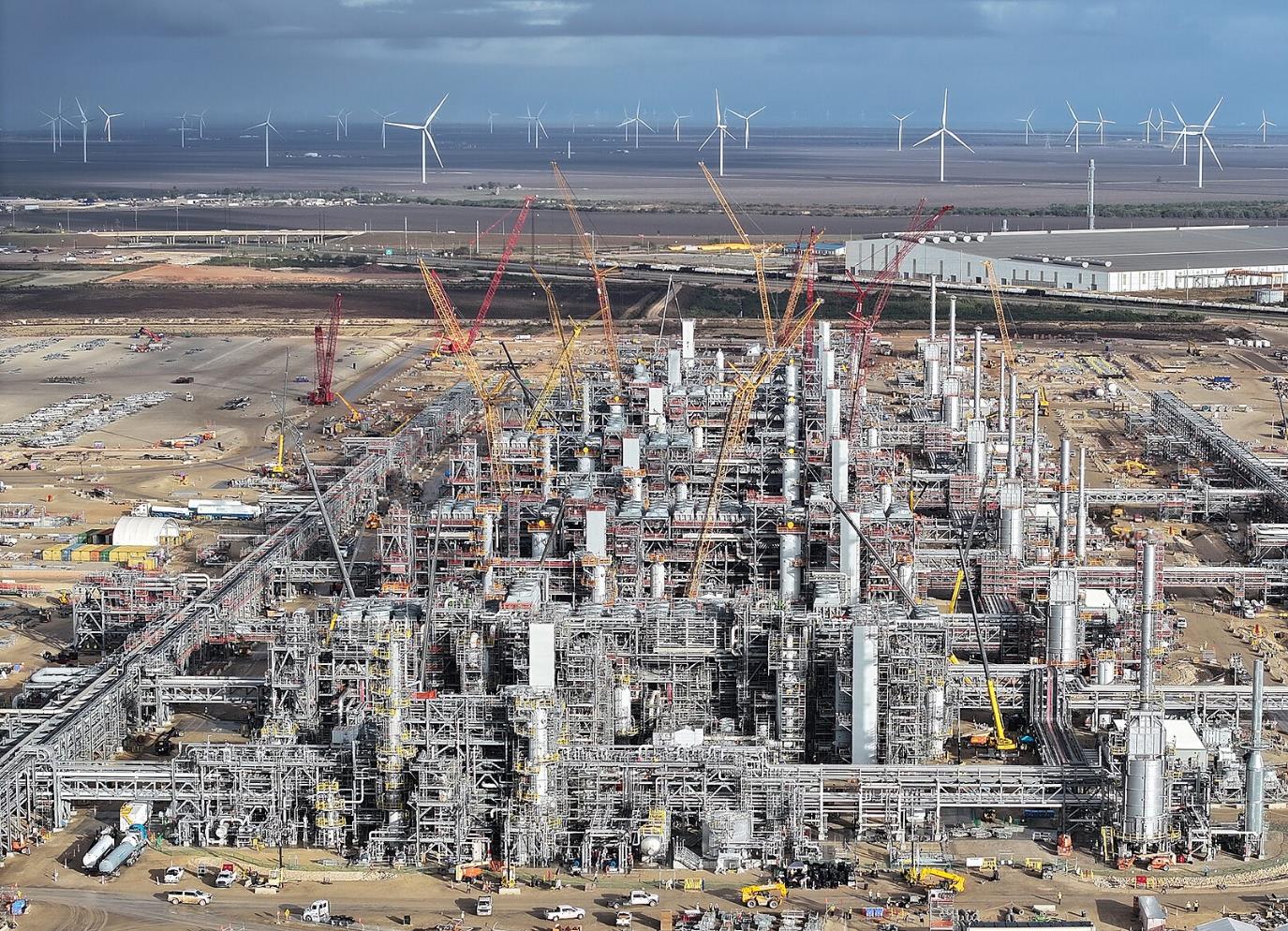This story requires a subscription
This includes a single user license.
According to a filing with the US FERC dated May 6, Cheniere’s unit Corpus Christi Liquefaction (CCL) sent compliance statements and associated documentation to the regulator.
“The compliance statements and associated documentation are in support of a forthcoming request by CCL to introduce fuel gas to midscale Train 2,” it said.
A separate filing shows that CCL also submitted the same documents in support of a forthcoming request to introduce hot oil to the train.
Cheniere made the final investment decision on the CCL Stage 3 expansion project, worth about $8 billion, in June 2022.
The project includes building seven midscale trains, each with an expected liquefaction capacity of about 1.49 mtpa, adding to the three operational trains, each with a capacity of about 5 mtpa.
In March, Cheniere’s EPC partner, Bechtel, turned over care, custody, and control of CCL Stage 3 Train 1 and associated systems to Cheniere ahead of schedule.
Cheniere said in its financial report in February that about 20 percent of Train 2 systems “turned over to commissioning and start-up teams who are beginning to place those systems into service.”
CEO Jack Fusco said that the company continues to target the first three trains to ramp up production by the end of this year and all seven trains to be substantially complete by the end of 2026.
The project was 82.5 percent complete as of the end of March this year.
Upon substantial completion of all seven trains of CCL Stage 3 in 2026, the expected total production capacity of the Corpus Christi liquefaction facility will be over 25 mtpa of LNG.
Further expansion
In addition to this expansion, Cheniere received approval from FERC in March to build two more midscale trains at its Corpus Christi LNG plant.
Cheniere recently sought and won approval from FERC to start site preparation activities for the trains.
The proposed midscale trains 8 and 9 project or project includes adding two midscale
liquefaction trains, each with an expected liquefaction capacity of about 1.49 mtpa, and associated facilities, as well as increasing the authorized loading rate at the terminal’s existing marine berth.
In February, Fusco confirmed that the company still expects to make FID to build two more midscale trains at its Corpus Christi LNG plant this year.

